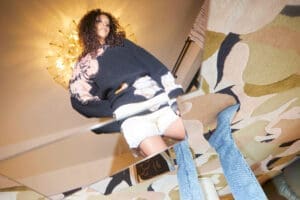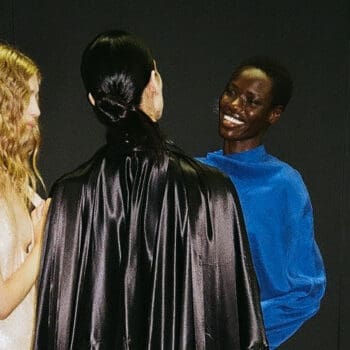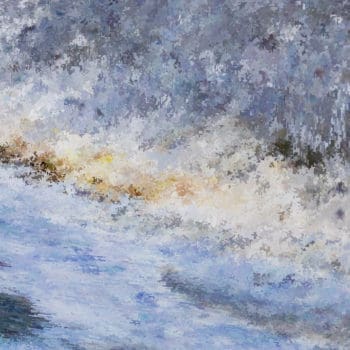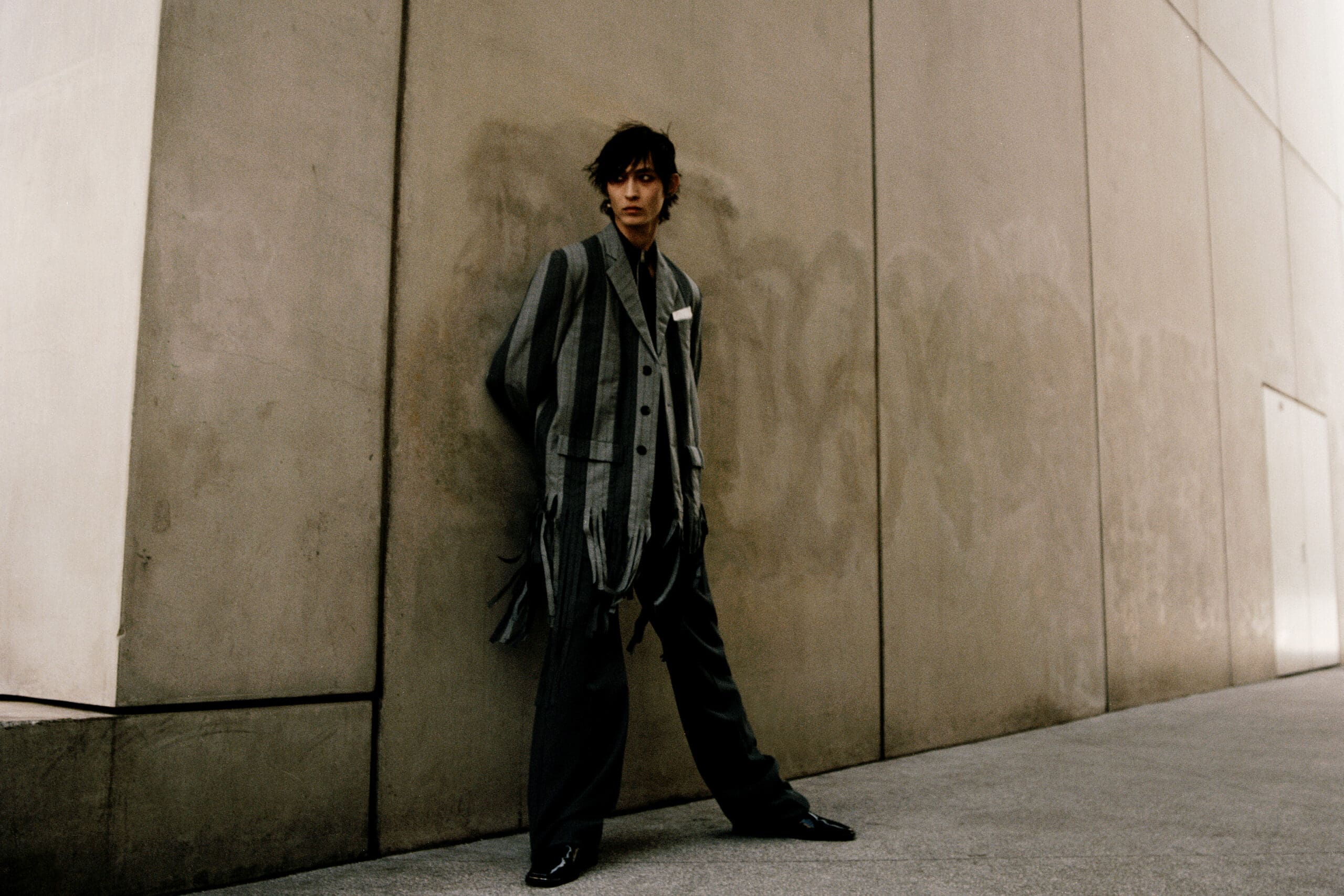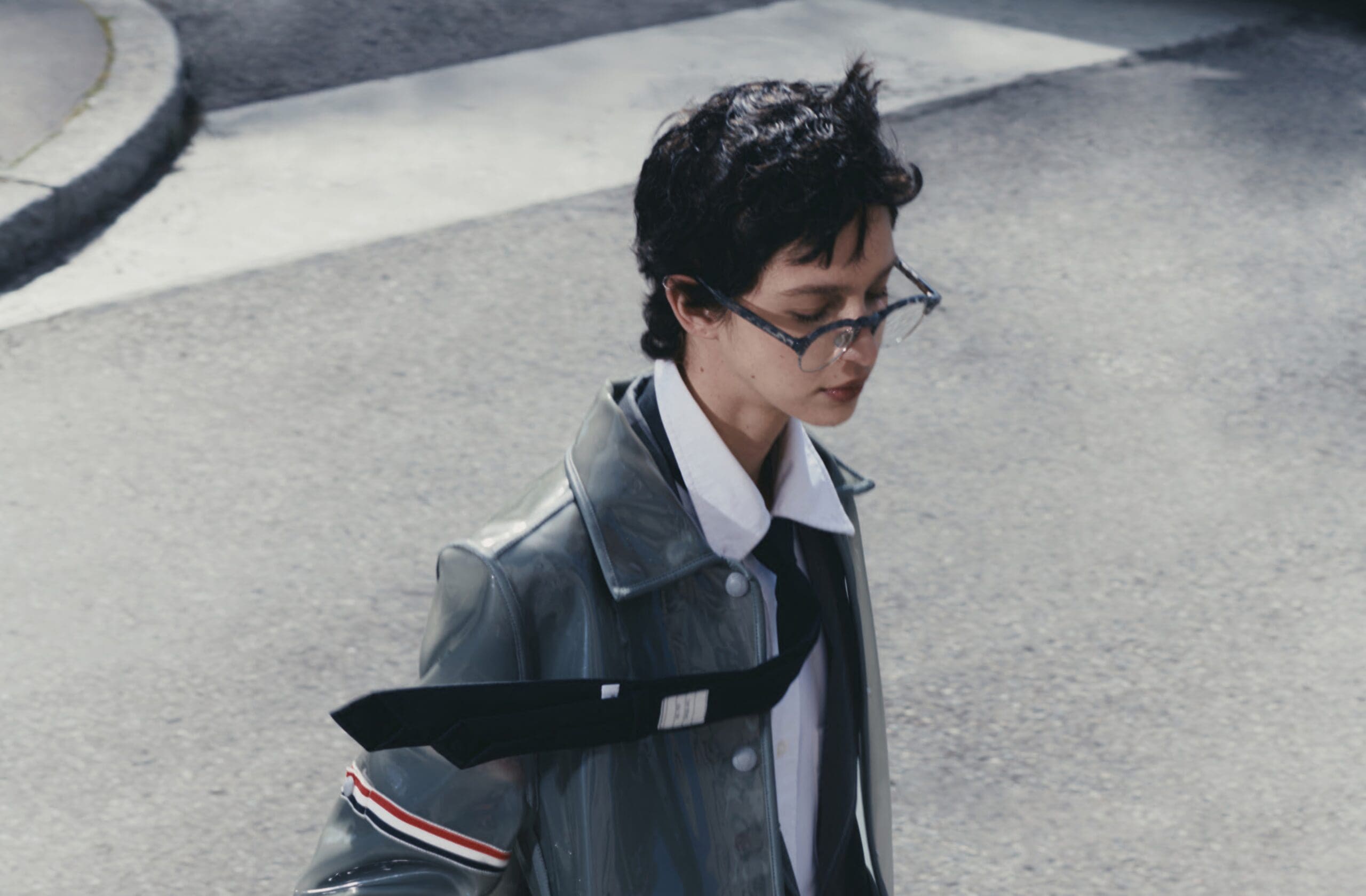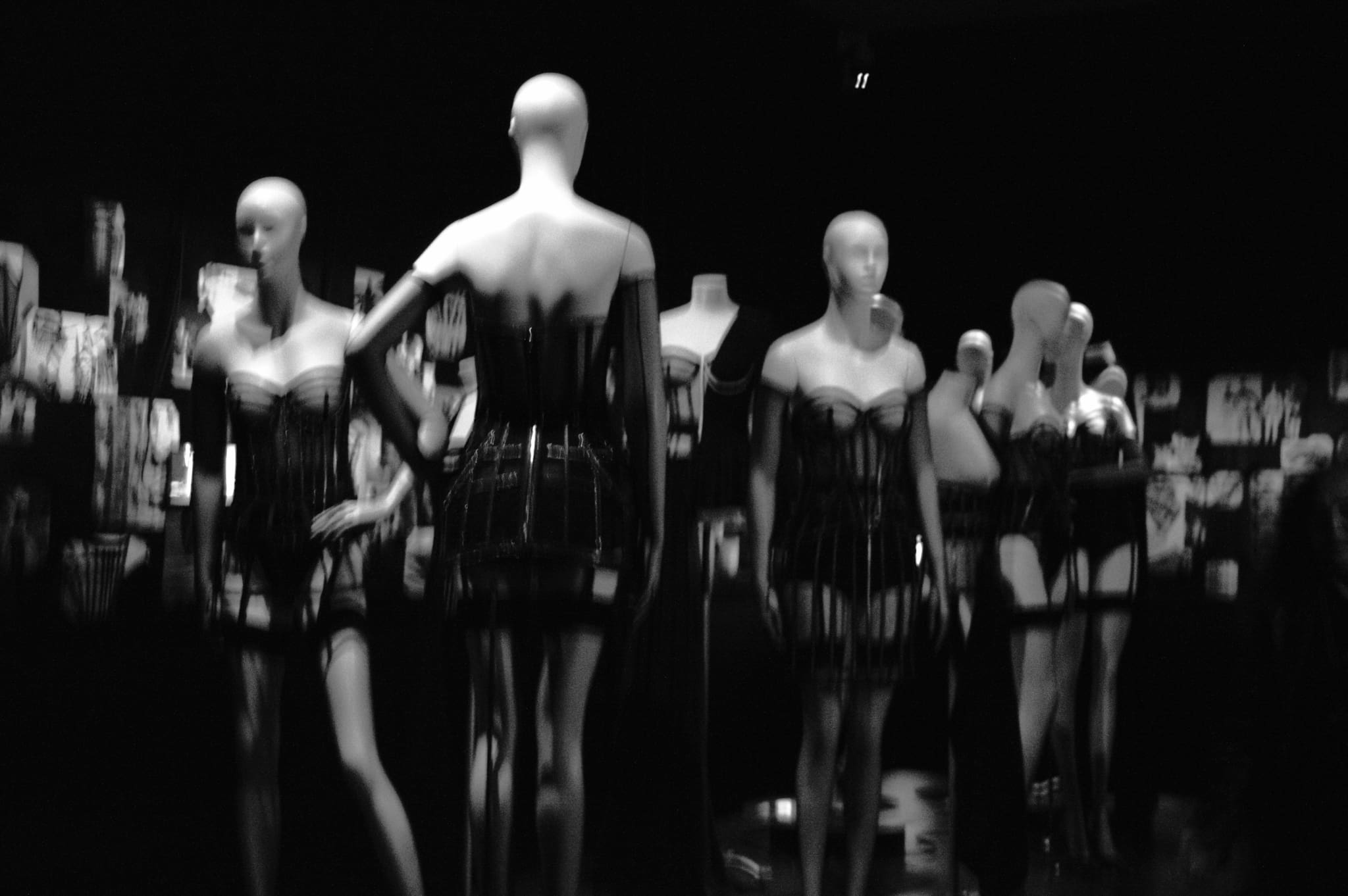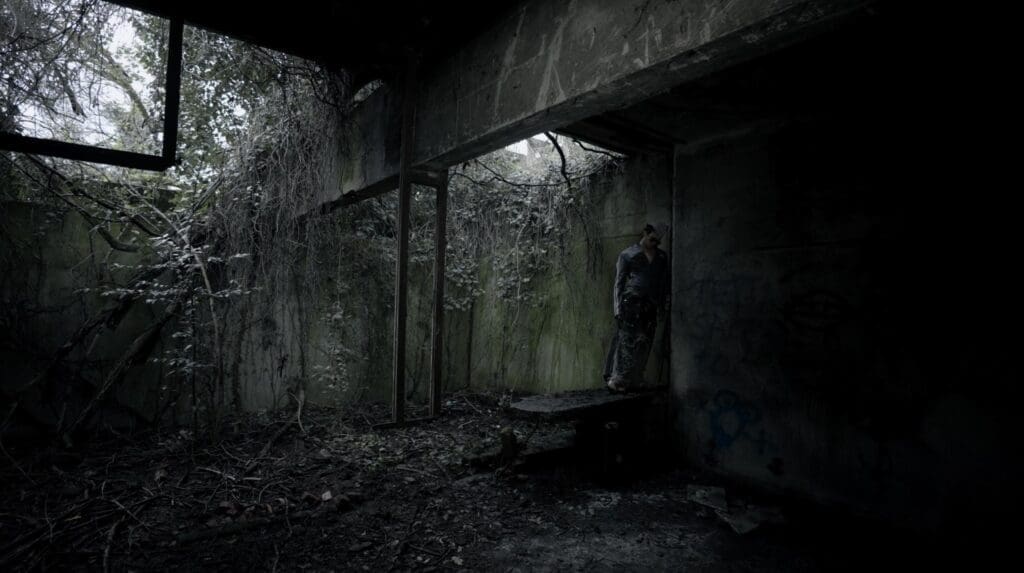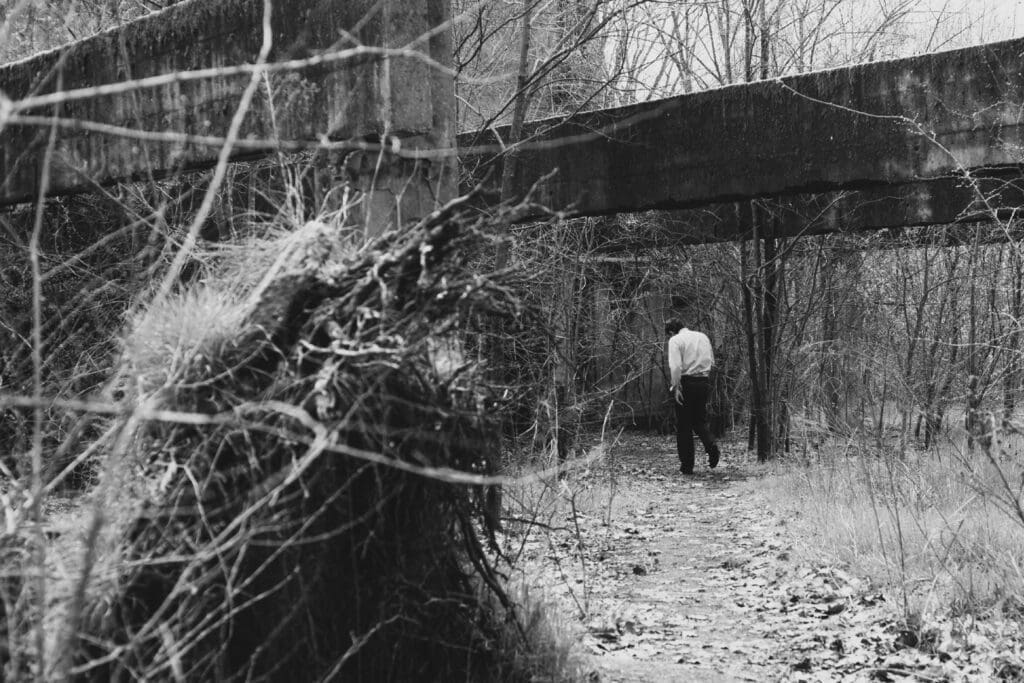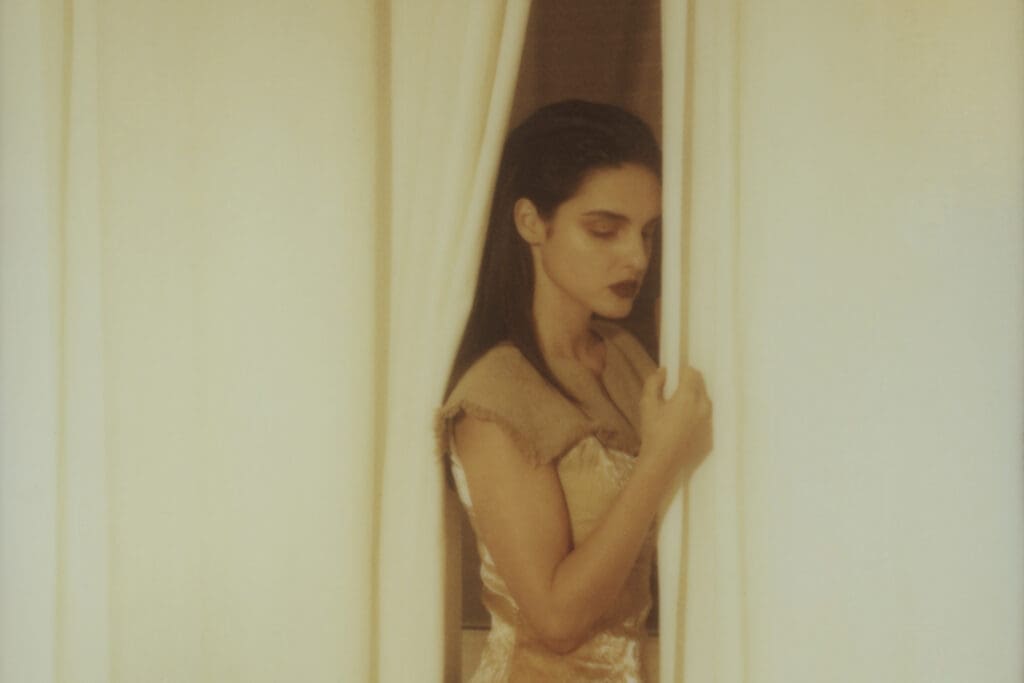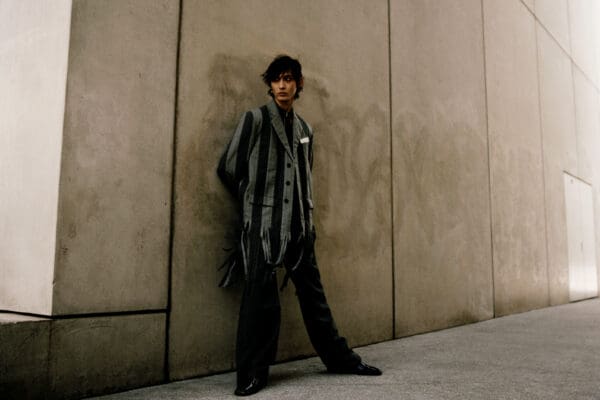curated by Alessio de’Navasques
A gesture lost in the mists of time, intertwining the history of man with that of the gods: the thread of life through embroidery allows to write one’s narrative. Embroidering does not only mean creating signs, illuminating and making a fabric with precious encrustations unique, but it represents a political and identity tool. From traces of thread found in the Lascaux cave to the glorious war drama of the Norman conquest of England in the Bayeux tapestry, history has been written also with needle and thread. From this silent and revolutionary force, from the charm of a sacred liturgy in its meditative dimension of craftsmanship, a unique project takes shape, uniting Italy and France in the name of high expertise and creativity. Christian Masset, the French ambassador in Italy, hosts on the piano nobile of Palazzo Farnese a path that weaves myth, nature and rebirth, site-specific created by the artist and designer Sylvio Giardina. On the occasion of the presentation of Sylvio Giardina’a haute couture SS23 collection, the performance /gal-le-rì-a/ traces the spaces of the building in a dialogue between fashion, contemporary art and métiers d’art.
Galleria is a word instantly evoking that marvelous passage through the collections, that place where an artist is born or represented. In its decomposition, each syllable becomes a point of the embroidery, traces the phase of an alchemical reaction, of the sublimation of a metamorphosis process which, in the architecture of a symbolic building of the Renaissance, transforms culture into nature. The story is entrusted to the hand of the craftsman, witness of those Renaissance values of know-how, of perfection of the work done by man and of his ability to pass it on to others, founding ideals for the very definition of Italian fashion.
In the Ercole Farnese hall, Michelangelo’s mystical geometries inspire a story that crystallizes the atmosphere: precious drops trap the secrets of Platonic solids and golden proportions on the tulle. The ceiling is reflected in a large loom suspended like a spider’s web, where time slows down in the rhythm of the gestures of the two embroiderers. Point after point, the cosmogonies of the infinite are translated into drops of water. Palazzo Farnese with its perfect proportions, expression of the intellect as the center of the universe in the humanist vision, provokes a reflection on the relationship with nature, a return to that universal dimension in which man is part of the cosmos and the biosphere. The natural dimension is evoked by landscape painting, by atmospheric perspectives, rarefactions and pictorial glazes. Sylvio Giardina’s is an irreducible vision, which materializes in impalpable sensations, revelations of emotions, made up of layers of tulle, sinuous shapes, crystals like dew, reflections and watery colors. There are six symbolic dresses that sublimate the idea of a return to an impalpable and transparent biosphere: in each one, these vaporous impressions sprout into sculpture jewels. The itinerary ends in the gallery frescoed by Annibale Carracci where Ariadne’s thread intertwines nature and culture in the dimension of myth, where decoration opens up and anticipates the amazement of baroque backgrounds. There, where the scene of the Triumph of Ariadne and Bacchus shines in the vault, in the center of the room eight embroiderers symbolically create their wedding cloth, an embroidery made of seeds and gold threads: fragrant rhizomes and natural elements that invade frames and geometries, break the perfect harmonies to give a new order to things. A silent work, inspired by the verses of Catullus who in Carme 64, pausing on the blanket spread on the bed during the wedding of the parents of Achilles, Peleus and Thetis, starts precisely from the embroidery to narrate the sad story of the love between Ariadne and Theseus, until the redemption of the heroine in the meeting with Bacchus and in the glorious procession that seals the union. A myth, tied to the thread of life.
“Alas! She looks at him from afar in turmoil over torrents of cares, and she fails to hold fast the fine textured
headdress around her blonde hair; her sheer cloak exposes a breast it no longer veils; and her smooth brassiere no
longer keeps her milk white breasts in bondage. The sea’s waves were playing with everything that had fallen off Ariadne’s body dispersedly before her feet. But, Theseus, while she was caring for the plight of
neither her headdress nor her flowing cloak, she who is doomed has been depending on you with all her heart, all her spirit, and all her mind.”
(C. Valerius Catullus, Carmina, Poem 64 verses 62 – 70)
Photo courtesy of Shilpa Srinivas









